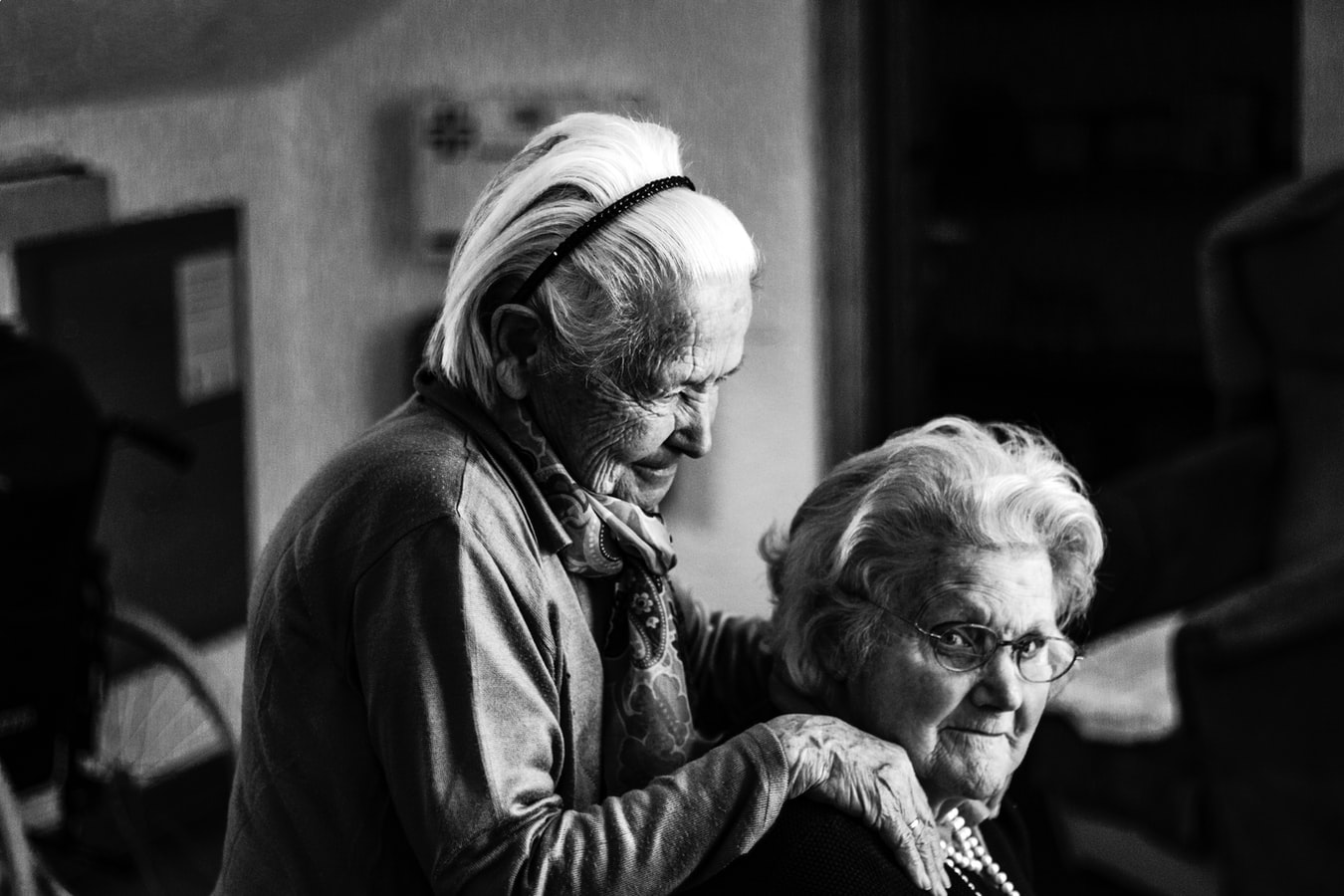By Shanaïs Jacaman Published May 4th, 2021

In recent decades, there has been a growing shift away from institutional forms of care for Canadians with chronic health conditions or aging needs to an increased reliance on care within the home (Keefe, Hawkins and Fancy 2013).
This emphasis on home care has accompanied changes in Canada’s age structure, with seniors representing a growing segment of the population, combined with the emergent preference for ‘aging in place’ – remaining at one’s home regardless of age or ability (Pynoos, Nishita, Cicero, and Caraviello 2008)
However, knowing when it’s time to hire help for mom and dad isn’t always clear. Often, people won’t hire any help until the situation becomes critical; after an injury or when illnesses becomes too difficult to manage on our own. Waiting that long is a bad idea. Waiting that long means more care will be required and you might as well be on the edge of a burn out. In order to make the transition from being independent to hiring a caregiver as smooth as possible for you and your loved one we gathered few signs that will help you know WHEN it is time for you to consider hiring a caregiver.
Unusually Poor Memory: Forgetting things from time to time such as not remembering where your keys is one thing, but forgetting to eat is another. Obviously you don’t want your loved one to starve to death, therefore it is very important to monitor their diet and to ask them simple questions, for instance; “What have you eaten today?”. If your loved one can’t answer this question properly, missed bill payments or doctors’ appointments, then it could be a sign they need to consult their doctor as well as a sign for you to consider hiring help.
Missed Pills: Failing to take medications once in a while is not uncommon (no matter the age), but when it becomes too often then it may become a serious problem. Try to monitor your seniors’ pill intake by buying them a pill organizer/dispenser and checking if they the dispenser is empty on the days they should’ve taken their medication.
Hygiene: With age, seniors can often begin to neglect their personal care and hygiene. As it is a very important aspect when it comes to maintaining a good health, it is also a very personal task. Most senior won’t tell you they need help to wash themselves or even changing clothes. We have to keep in mind they have their pride, same as you and me, and they won’t admit they need help. You must look out for yourself, offer help when needed, but also observe the signs. Maybe they’ve worn the same clothes for days? Maybe their scent is stronger than usual? If you can’t help your loved ones in daily living task, it might be time to consider hiring.
Home clutter: Most of the time, family members can help their loved ones with cleaning the house, laundry, declutter, getting rid of expired food, groceries and more. Not always though. If you notice a decrease in the general home environment when it comes to all the chores mentioned above, and the help provided to them is not enough, then it might be a sign of physical or mental incapacity from your loved one and you should definitely hire a caregiver to help out.
Loneliness: “A situation of social isolation involves few social contacts and few social roles, as well as the absence of mutually rewarding relationships.” Source: Keefe, J., Andrew, M., Fancey, P. & Hall, M. (2006). Final Report: A Profile of Social Isolation in Canada. Submitted to the Chair of the F/P/T Working Group on Social Isolation.
While all of the signs shows indication that your loved one do not need help or assistance with daily living, it doesn’t prevent them from loneliness. Loneliness in elders is unfortunately very common and can often contribute to health problems such as Depression, Dementia and Alzheimer’s. Sometimes our parents live far away or we are simply too busy to give them the time they need. Companionship is a great service home care agencies offer in order to combat elder’s loneliness.
Family Member Stress: It is very hard to set boundaries when it comes to loved ones and sometimes we fail to do so until we implode. It is very important for our own sake and the sake of other’s to know when it is time to delegate. Elders already feel guilty having to ask for help so it is important they feel the help provided is kind and stress-free.
Health and Mobility Issues: If your parent is mentally and physically ill, it is important to consider having a conversation with their doctor about what level of help is needed in order for them to live comfortably. If they have trouble walking, getting out of bed, or gets lost when they run simple errands then you should consider hiring help and make their life as comfortable and as safe as possible.
When the time is right, hiring a caregiver to tend to a loved one needs, and be there for them when you are at work or caring for your own family, is the best decision you will ever make. Not only it will give you the peace of mind knowing that your loved one is not alone, it will also help you avoid burn out from trying to manager it all.
Sometimes, pride from elders, and the lack of ability to say NO when we can’t help them anymore will cause more harm than good. Improving quality of life whether it is your own or the life of others will always be a great investment.
Reach out to us at KAD care with any questions you might have. We will be happy to guide you and together come up with a customize care plan specific to your needs or those of your loved one.




